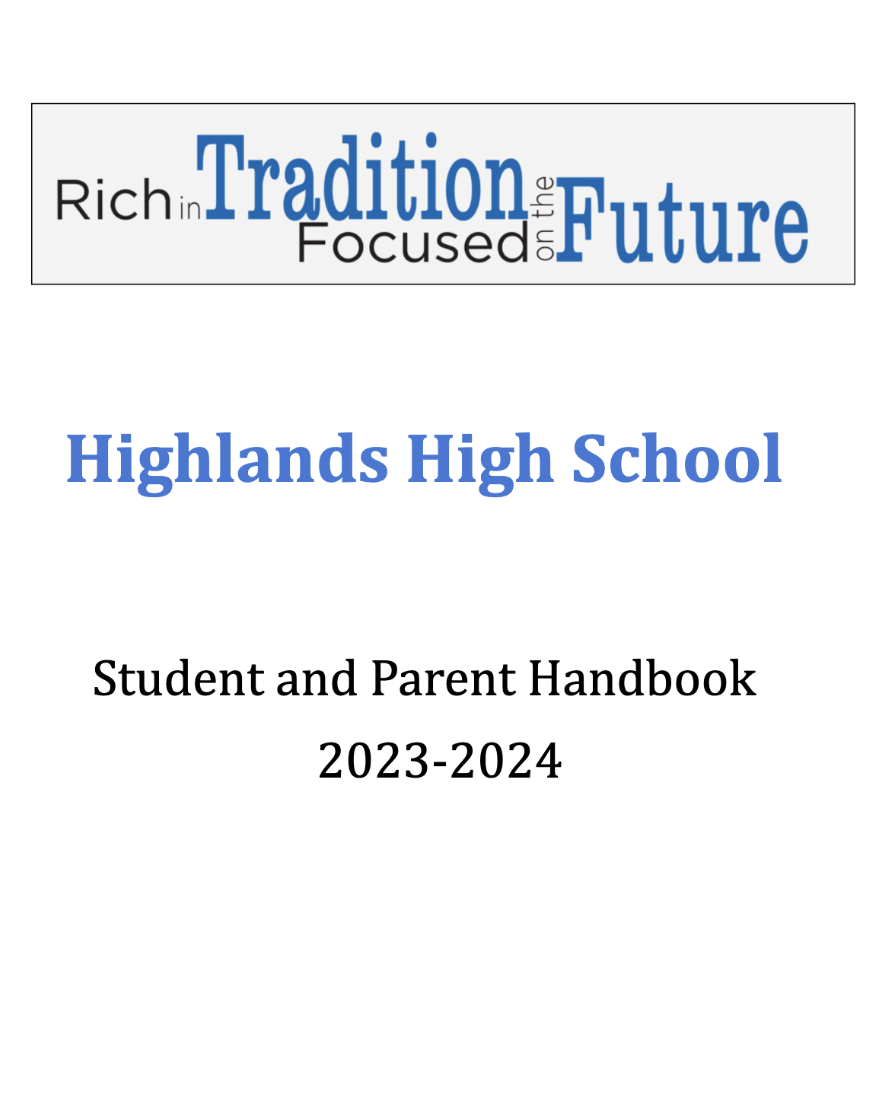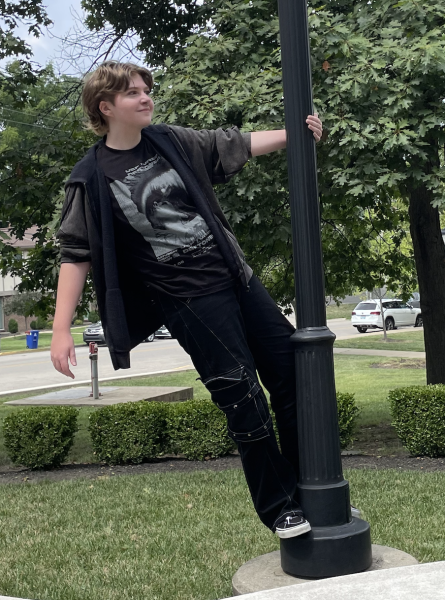With the new school year rolling in, administrators have taken the time to update school policies. From exam exemption to new absence policies, many rules have been enforced to make learning easier and more efficient as well as making the school a safer place for everyone.
Most notable of these new policies is the ability to become exempt from final exams. Students who demonstrate high attendance and academic performance will be able to choose two classes – one core class (i.e. math, science, English, or history) and one elective – for which they will not have to take the final. The discipline committee has reinstated this policy in hopes that it would incentivize students to strive for good attendance and high grades.
In order to meet the requirements, students must have less than six total absences for the whole year, as well as an 80% average for both semesters. Both excused and unexcused absences will be counted against the student. However, college visits, athletics, field trips, and school testing will not count against the student. In addition to this, having four tardies will count as one day’s absence.
Jennifer Forgy, Highlands’ assistant principal and the chair of the discipline committee, said that she has already seen the positive impact this new policy has had on students.
“Students are really excited about it,” she said, “I overheard a student say that she was never going to be late again so she didn’t have to take all her finals.”
Updates have been made to the absence policies as well. Unlike last year, where students were allotted 10 school days after an absence to make up work, students are now given only 5 school days to complete their make-up work. However, this can be extended by teachers depending on their established class rules.
With the rise of new AI (artificial intelligence) resources, especially Chat GPT, additions have been made to the plagiarism rule. These tools can be incredibly useful for brainstorming, studying, and possibly even note-taking, but they can also be easily abused.
Katie Stewart, an English teacher, spoke about her own experience with Chat GPT, saying that it’s actually not that difficult to differentiate between something written by a student and something written by an AI.
She explained, “As a teacher, I deal with a lot of student writing, so I get a feel for what their writing style is like.”
She said that a “drastic change in style or language” is the first red flag that goes up for her when dealing with AI-generated work.
Upon their first offense, students found using AI to complete their work will receive a zero and detention. They will also have any honor societies they may be in, as well as their parents and the administration, notified. For their first offense, students may be able to earn up to 50% of the credit back by completing an alternate assignment during SOSTime or at another time designated by the teacher.
Upon another offense, the previous consequences will be enforced, as well as a Saturday detention and the inability to make up any points for the assignment.
Finally, the rules have loosened up regarding the cell phone pocket policy. Mrs. Forgy explained, “Teachers were telling us phones were mostly a problem with the lowerclassmen, but had little to no problem with the Juniors and Seniors.” Now, cell phone rules in the classroom are up to the teachers.
With these new rules and policies set in place, teachers and students alike are excited for a great 2023-2024 school year.




